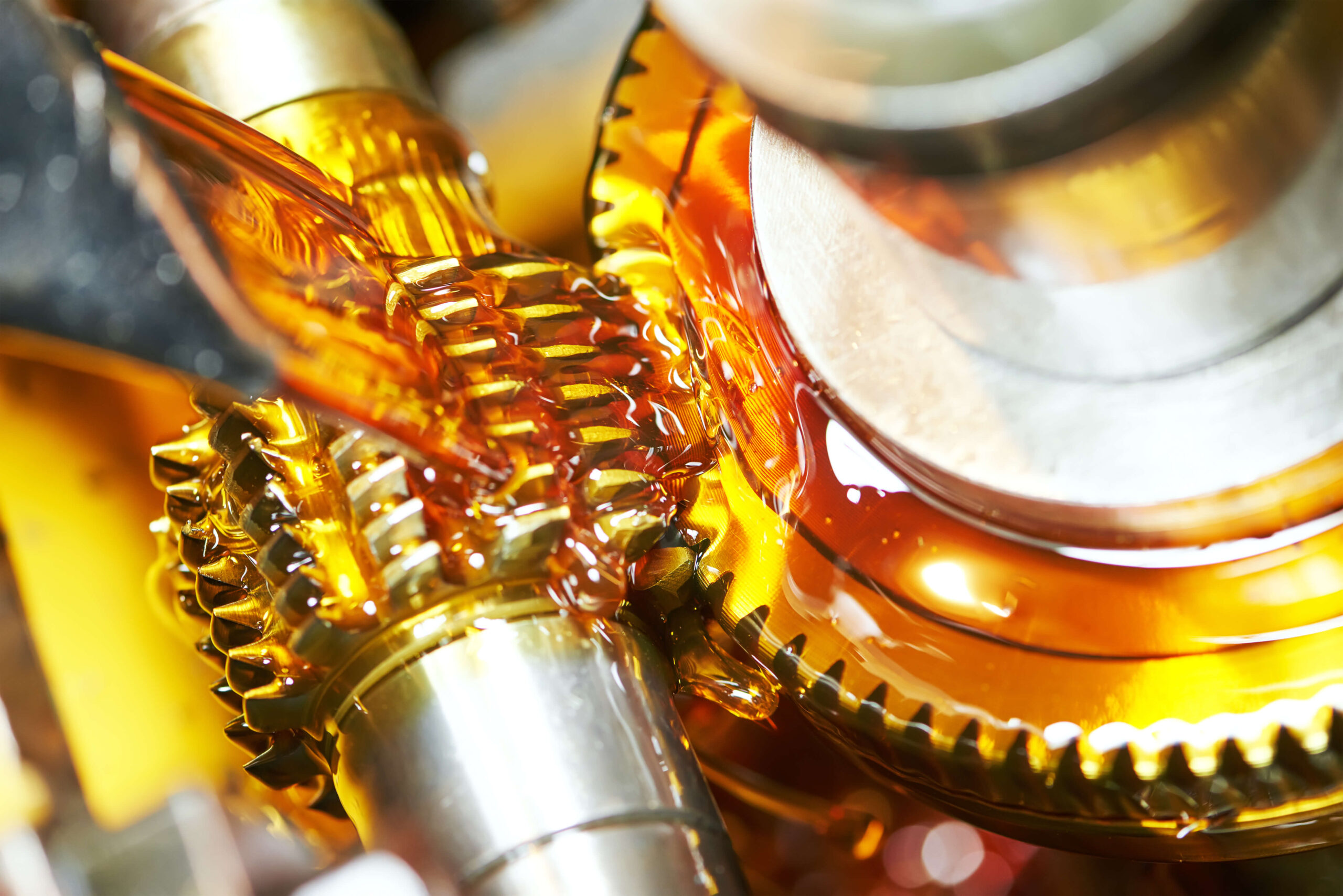
INDUSTRIAL LUBRICANTS
First, it is good to know that industrial lubricant is defined as the petrochemical products with wide application and important functions e. g. reducing friction between movable surfaces, preventing abrasion of surfaces, facilitating the movement of mechanical components of machinery and systems, reducing energy consumption, protection of components against corrosion and rusting etc.
Industrial lubricant
First, it is good to know that industrial lubricant is defined as the petrochemical products with wide application and important functions e. g. reducing friction between movable surfaces, preventing abrasion of surfaces, facilitating the movement of mechanical components of machinery and systems, reducing energy consumption, protection of components against corrosion and rusting etc.
It is noteworthy that industrial lubricant is a kind of oil used to facilitate movement of two surfaces against each other. The application of these products can substantially improve the performance of machinery and also they can significantly reduce the energy and service costs of industrial equipment’s.
Different types of industrial lubricants:
Different types of industrial lubricants are as follows:
- Gaseous lubricants: this type includes air, Helium, vapor of liquids etc. The main feature of gaseous lubricants is the stability of their viscosity over a wide range of temperatures.
- Liquid lubricants: this type includes two subgroups of mineral oils and synthetic oils. Liquid lubricants are the most common and the most widely used lubricants.
-
Semi-solid lubricants: this type of lubricants includes various greases such as complex and simple soap greases, fire resistant grease etc.
-
Solid lubricants: this type includes graphite, molybdenum disulfide, boron nitride, some solid organic compounds such as phthalocyanine, tetrafluoroethylene etc. The main characteristics of these products are their resistance and their high temperatures.
Functions of industrial lubricant:
The efficiency and advantages of industrial lubricant depends on elements such as the working condition of the machinery and the type of lubricant. Some of the important functions of these products are as follows:
- Lubrication and reduction of friction
- Prevention of abrasion and corrosion
- Absorption and transfer of heat for cooling the machinery
- Prevention of strike and damage to mechanical components during working times
- Sealing of the openings
- Prevention of corrosion and spoilage of metal and plastic components
- Prevention of contaminant and dirt sedimentation in industrial oils
- Cleaning and washing the components
- Prevention of oil sedimentation and contamination within the system
- Increasing the power and performance of the engine and maintaining high efficiency
- Protection of surfaces against corrosion and rusting
- Saving energy
Note: is worth to note that the application of lubricants to mechanical systems not only decreases the friction and abrasion, but also improves the performance of the system. The industrial lubricant producers attempt to find the optimum formula for designing and manufacture of this product.
Characteristics of appropriate industrial lubricant:
-
High boiling temperature and low freezing temperature
-
High viscosity index
-
Thermal stability
-
Hydraulic stability
-
Degradability
-
Prevention of corrosion
-
High resistance against oxidation
-
It is good to know that industrial lubricants are composed of low viscosity oils, high viscosity oils, greases and solid lubricants. In other words, low viscosity oil exhibit the lowest resistance against movement and high viscosity oils have higher shear stresses and thicker liquid films.
-
Usually, industrial lubricant is composed of base oil and additives. Additives can be very effective in increasing the quality and performance of the product. Some of the additives used in industrial lubricants are anti-rusts and detergents et
